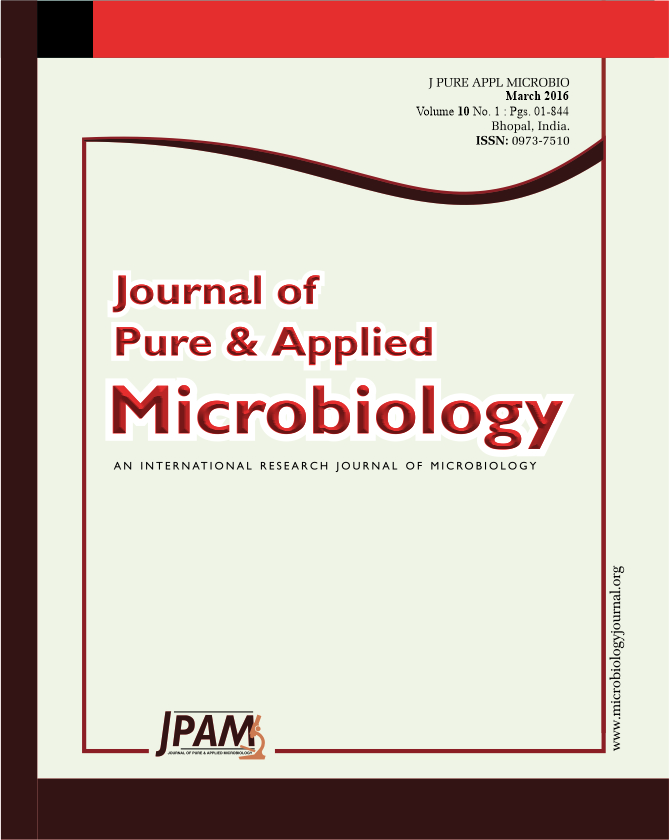Cholera is a major public health problem in developing countries of the world. Relative resistance to antibiotics is difficult to treat cholera patients leading to spread of microbial drug resistance as a global public health challenge that results in increased illness and death rate. Newer antimicrobials or agents are urgently required to overcome this problem. The present study was conducted to investigate the antimicrobial potential of four types of honey against clinical isolates of Vibrio cholerae O1 and O139 sero groups Disc Diffusion method using Karanja (Pongamia glabra), Mango (Mangifera indica), Neem (Azardirachta indiaca) and Mustard (Brassica campestris) honey were employed for their antibacterial activity. All Vibrio cholerae strains were highly susceptible to almost all five concentration of Karanja honey in comparison to other three types of honey. From the antibiogram profile it was observed that the susceptibility pattern of total strains were tetracycline > gentamicin > norfloxacin > ciprofloxacin. The present findings indicated that different types of monofloral honey exhibited different antibacterial activity against V.cholerae strains which were almost dose dependent. These results suggest the possibility of using honey as an alternative to antibiotics to overcome the growing problem of antimicrobial resistance among V.cholerae strains.
Honey; Antibacterial activity; Vibrio cholerae.
© The Author(s) 2016. Open Access. This article is distributed under the terms of the Creative Commons Attribution 4.0 International License which permits unrestricted use, sharing, distribution, and reproduction in any medium, provided you give appropriate credit to the original author(s) and the source, provide a link to the Creative Commons license, and indicate if changes were made.


